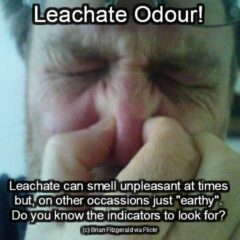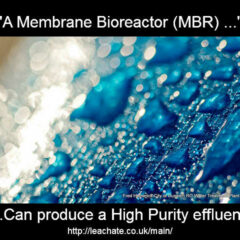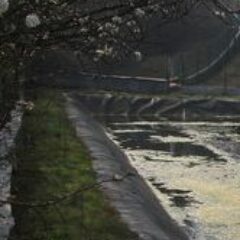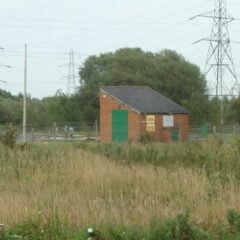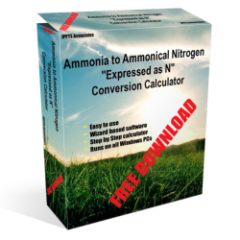ammoniacal nitrogen
The 3 Most Important Leachate Indicator Parameters
There are three very important leachate indicator parameters which are used as indicators to identify leachate contamination in any water sample analysed in a water quality laboratory. These three parameters can give an initial guide to anyone investigating what appears to be pollution occurring in the vicinity of a landfill, as to whether the source […]
High Strength Leachate
When people refer to high strength leachate they are normally referring to the landfill leachate from a sanitary landfill which has percolated slowly through the waste. That is leachate and has been extracted by the leachate collection and pumping system. Usually high strength leachate has ammoniacal nitrogen concentrations above 500 mg/l up to 3.500 mg/l, […]
Landfill Leachate Composition
Landfill leachate composition for United Kingdom Landfills was first published in the Waste Management Papers published by the UK Department of Environment. Waste Management Paper 26 contains the most recent table of Landfill Leachate Composition before the WMP series was superseded by later documents, notably the DoE’s Leachate Report of 1995. However, the original table, […]
What are the Strategies for Landfill and Leachate Management?
There are two strategies for leachate management. The most common and indeed the only legal way to do manage leachate in the European Union countries is to keep the waste as dry as possible, and not introduce any liquid wastes. That produces the least amount of leachate, and keeps costs low during the infilling of […]
Anaerobic Digestion of Landfill Leachate for Energy Generation: Pipe-Dream or an Opportunity?
Anaerobic digestion is becoming increasingly popular in this age of high energy prices, and many more people are realising that whereas aerobic treatment systems consume large amounts of expensive energy, anaerobic digestion is a process which does the opposite. In fact it produces a net energy output. It is not surprising therefore, that many […]
Software Resources
We plan to add a number of leachate software applications to this page over the next few months, which our visitors can download and install, and which will provide solutions to a number of problems experienced by leachate treatment plant operators. Our first two are now available, a handy conversion calculator (see below), and (see […]
Trace Contaminants Found in Leachate: Fact Files for You to Download
If you have a problem with a substance found in leachate, we are here to help you! Our fact files, which are based on publicly published UK government research, are unique. You can save huge amounts of time hunting down this information which is otherwise spread very widely in published papers in libraries and on […]
How Leachate Changes in a Landfill Over Time
Have you ever wondered why leachates can seem so different. Some leachate is cloudy, black, and smells strongly, while at other times it is fairly odorless and amber coloured?
Leachate
Leachate starts as rainfall. Rain falling on the top of the landfill is the main contributor to the generation of leachate, and is by far the largest contributor for modern sanitary landfills which do not accept liquid waste. In old unlined and un-engineered landfills, some leachate is produced from groundwater entering the waste. Some, additional […]

